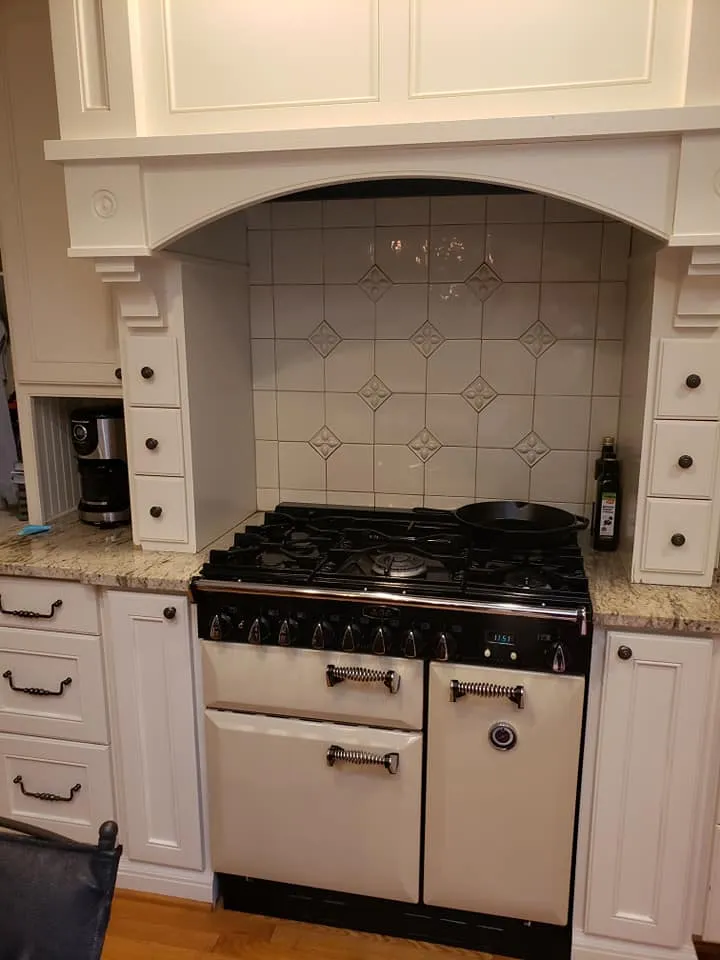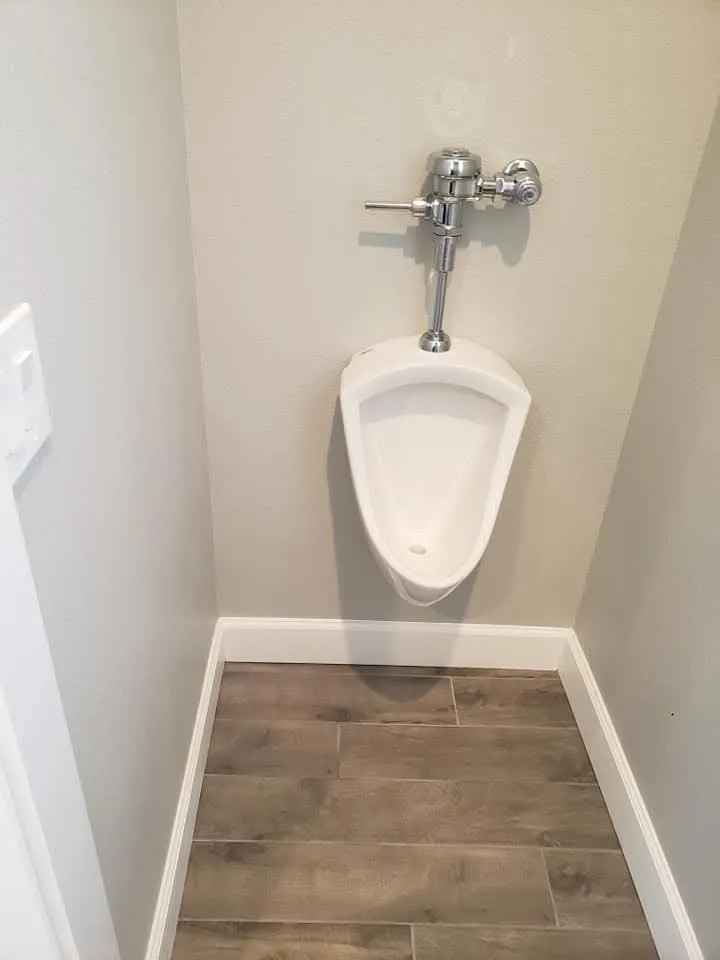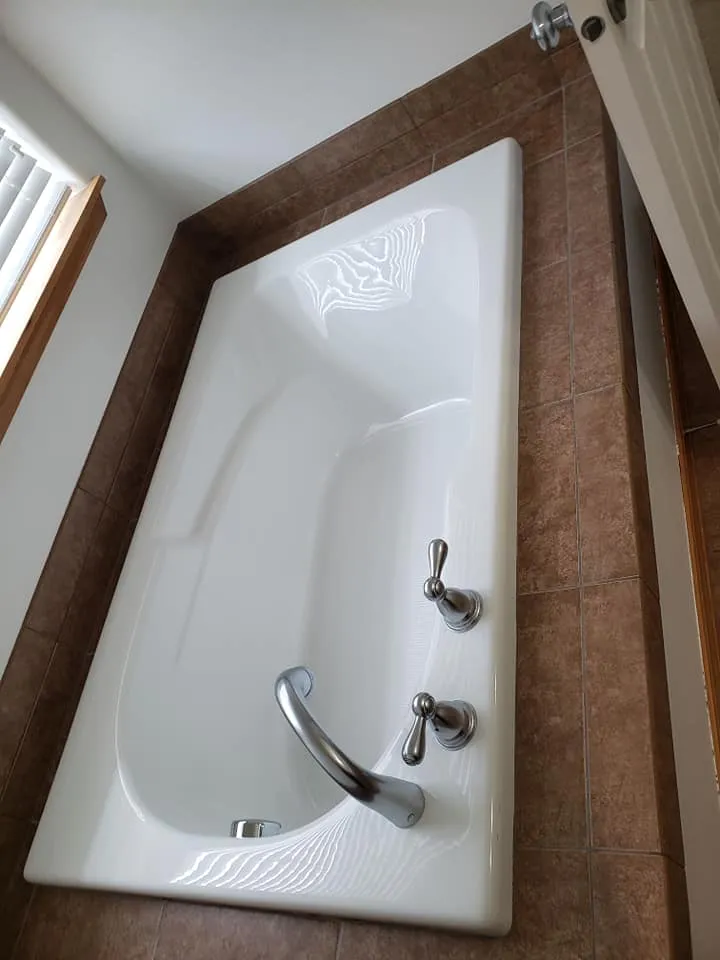Cleaning Services and Allergies: Tips for a Safer Home
Introduction
In today's fast-paced world, maintaining a clean home is crucial—not just for aesthetic purposes but also for health. With the rise of allergies affecting millions globally, understanding how cleaning services can play a pivotal role in creating a safer living environment is essential. The interplay between cleaning practices and allergy management can be intricate, yet it’s paramount for those who suffer from allergies to find effective solutions. This article delves into various aspects of cleaning services and their relationship with allergens, providing you with tips and insights for a healthier home.
Cleaning Services and Allergies: Tips for a Safer Home

Understanding Allergies: What Are They?
Allergies are the body's reaction to specific substances known as allergens. These can include pollen, dust mites, mold spores, pet dander, and certain food items. When exposed to these allergens, the immune system may overreact, leading to symptoms such as sneezing, itching, or even severe reactions in some cases.
Common Household Allergens
Dust Mites
Dust mites are microscopic creatures that thrive in warm, humid environments. They feed on dead skin cells shed by humans and pets. Their waste products are often the culprits behind allergic reactions.

Pet Dander
For pet owners, dander from cats and dogs can be a significant source of allergens. It consists of Residential Cleaning Services in Tualatin tiny flakes of skin that can become airborne.
Mold Spores
Mold thrives in damp areas like bathrooms or basements. The spores produced can lead to respiratory issues when inhaled.
Pollen
During certain seasons, pollen from trees, grasses, and weeds can infiltrate homes through open windows or doors.
How Cleaning Services Can Help
Engaging professional cleaning services can significantly mitigate the impact of allergens in your home. But how exactly do they do this?
-
Deep Cleaning Techniques Professional cleaners employ deep-cleaning techniques that go beyond surface cleaning.

-
Allergen-Reducing Products Utilizing hypoallergenic cleaning products can limit allergen exposure during cleaning sessions.
-
Regular Maintenance Scheduling regular cleanings ensures that allergens don’t have time to accumulate.
-
Air Quality Improvement Cleaning services often include air duct cleaning which improves indoor air quality.
Choosing the Right Cleaning Service
When it comes to selecting a reputable cleaning service that aligns with your needs regarding allergies:
- Research Credentials: Check if they have certifications related to allergy management.
- Read Reviews: Customer testimonials provide insights into their effectiveness.
- Inquire About Products Used: Ensure they use non-toxic and hypoallergenic cleaning agents.
DIY vs Professional Cleaning Services
While DIY cleaning methods may seem economical, professional services offer specialized knowledge and equipment designed explicitly for allergen reduction.
Benefits of DIY Cleaning
- Cost-effective
- Flexible timing
- Familiarity with your space
Drawbacks of DIY Cleaning
- Time-consuming
- May not effectively tackle hidden allergens
- Lack of specialized equipment
How Often Should You Clean?
The frequency of your cleaning routine should depend on several factors:
- Presence of Pets: More frequent cleanings (weekly) may be necessary if you have pets.
- Allergy Season: During peak pollen seasons, more regular cleanings help manage outdoor allergens.
- Humidity Levels: In humid environments where mold thrives—consider more frequent deep cleans.
Essential Tools for Allergy-Friendly Cleaning
Utilizing appropriate tools is vital for effective allergen removal:
| Tool | Purpose | |----------------------|-----------------------------------------| | HEPA Vacuum Cleaner | Traps allergens effectively | | Microfiber Cloths | Reduces dust without scattering | | Air Purifiers | Filters airborne particles | | Steam Cleaners | Deep cleans surfaces without chemicals |
Tips for Allergy-Proofing Your Home
Creating an allergy-friendly environment requires diligence:
- Declutter: Keep surfaces free from unnecessary items that collect dust.
- Wash Bedding Regularly: Hot water kills dust mites; wash sheets weekly.
- Use Covers: Encase mattresses and pillows in allergen-proof covers.
- Control Humidity: Use dehumidifiers to maintain humidity levels below 50%.
The Role of Air Quality in Allergy Management
Indoor air quality plays a crucial role in managing allergies:
- Ventilation: Ensure proper ventilation throughout your home.
- Air Filters: Change HVAC filters regularly to trap pollutants effectively.
Seasonal Considerations
Different seasons present unique challenges concerning allergies:
Springtime Allergies
During spring months when pollen counts rise:
- Keep windows closed during high pollen days.
- Utilize air conditioning instead of opening windows.
Winter Mold Growth
In winter months with increased humidity indoors:
- Inspect areas prone to moisture like bathrooms and kitchens.
Choosing Hypoallergenic Cleaning Products
When seeking out hypoallergenic products:
- Look for labels stating "free from" common irritants (e.g., dyes or fragrances).
- Consider eco-friendly brands that prioritize safety for sensitive individuals.
The Importance of Regular Maintenance
Regular maintenance is not just about aesthetics; it’s about health!
- Schedule seasonal deep cleanings focusing on specific areas prone to allergen accumulation.
- Establish routines that involve both daily light cleaning and periodic thorough cleans.
Frequently Asked Questions (FAQs)
What are the signs I might have an allergy?
Common signs include sneezing, itchy eyes or throat, runny nose, and skin rashes after exposure to certain substances.
Can I reduce allergies through houseplants?
Some houseplants purify air but others may contribute to mold growth; research specific plants before incorporating them into your space.
Are professional cleaning services worth it?
Absolutely! They often utilize specialized tools and techniques that exceed standard household methods in removing allergens effectively.
How do I know if my cleaning service uses safe products?
Always inquire about their product usage upfront; reputable companies will gladly share information about their supplies.
Can carpet affect my allergies?
Yes! Carpets can trap dust mites and other allergens—consider hardwood floors as an alternative if you're sensitive.
Is it possible to completely eliminate allergens?
While it's challenging to eliminate all allergens entirely, consistent cleaning practices can significantly reduce exposure levels.
Conclusion
Cleaning services hold immense potential when it comes to managing indoor allergies effectively—especially when tailored specifically towards reducing allergenic triggers within the home environment! By understanding common household allergens and collaborating with professionals who prioritize health-focused practices alongside hygiene standards tailored towards allergy sufferers—you can create a sanctuary free from harmful pollutants while enjoying peace-of-mind knowing you’re taking proactive steps towards safeguarding your family's well-being!
Ultimately investing time into learning about effective strategies paired with expert support will empower each individual seeking cleaner living spaces conducive healing amidst an ever-evolving world filled with environmental challenges!
This guide provides comprehensive insights into managing allergies through effective cleaning services while fostering healthier homes—creating an oasis that's both luxurious yet practical!